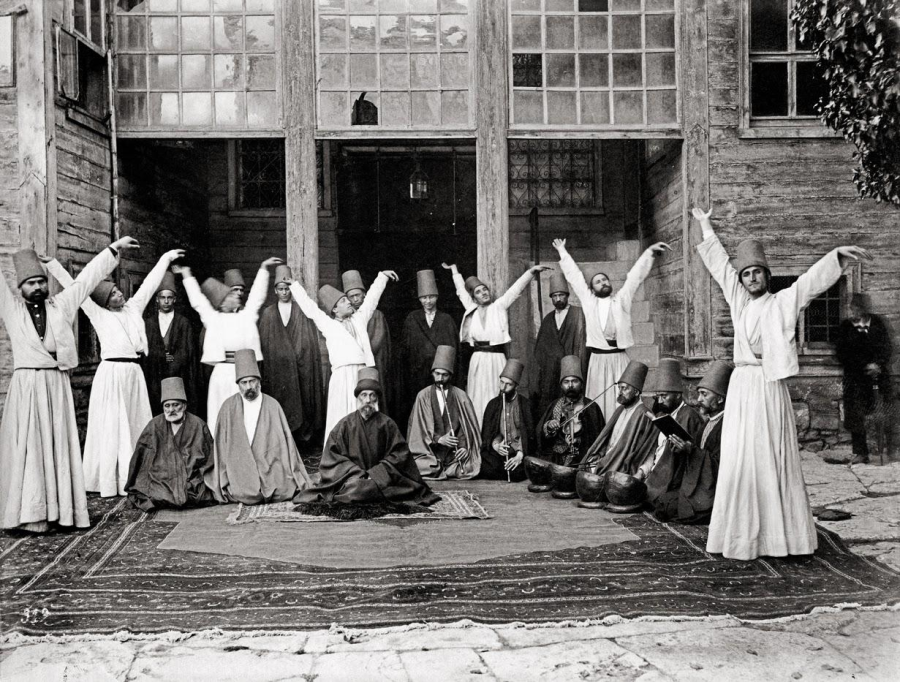Sufi Islam and Learning to Love God
December 7, 2021
My heart has become capable of every form:
it is a pasture for gazelles and a convent for Christian monks,
And a temple for idols and the pilgrim’s Ka‘bah
and the tables of the Torah and the book of the Qur’an.
I follow the religion of Love: whatever way Love’s camels take,
that is my religion and my faith.
America has a lot of misconceptions about Islam. The propaganda machines of the military-industrial complex have churned out an army, ranging from intellectuals and performers to campaigns and media, portraying Islamic countries as backwards and dangerous, while Muslims as entrenched in dogma and radical. Of course, as with most popular interpretations of complex subjects, this could be no further from the truth.
Sufis, who compose decentralized orders that span across denominations, are polar opposites of what more than a few Americans perceive as Islam. Mystic Sufis, often thought of as heterodox, emphasize drawing closer to God and embracing divine essence within life, as well as the death of one’s ego through the love of God.
A Sufi Metamorphosis, a blog oriented around its namesake, summarizes Sufism as “…self-renunciation and self-sacrifice, the giving up of all possessions–wealth, honour, will, life, and whatever else men value–for the Beloved’s sake without any thought of reward,” the author further elaborates, “I have already referred to love as the supreme principle in Sufi ethics…” God can truly be loved and appreciated, Sufis posit, through love, which necessitates the annihilation of the ego.
Although a brief glimpse into a complex tradition, one can easily see how Sufis represent a far cry from the uninformed opinion of Islam many in America carry. Sufism is only extremist insofar as its love of God is concerned.












